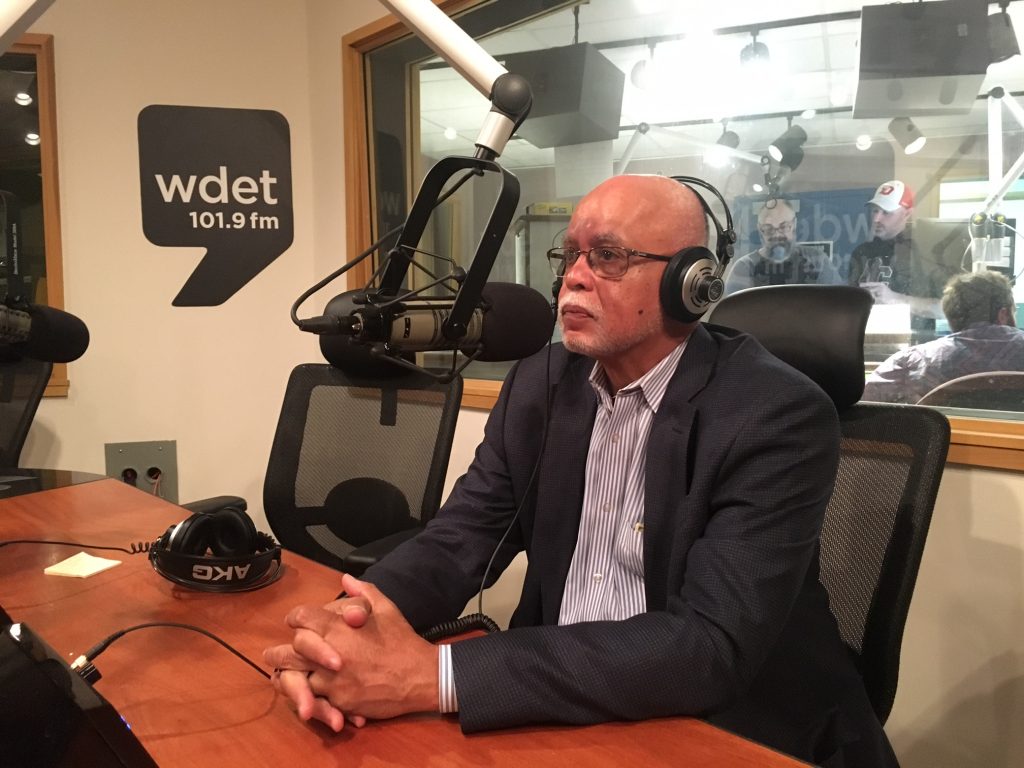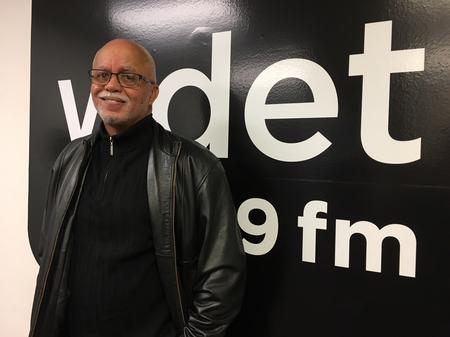‘I Was Witnessing History’–Warren Evans on Family’s Deep Roots in Detroit’s Black History
“I had no idea (about) the total significance because it was right in the middle of the activities going on then.”


It’s hard to frame the significant histories of black people in Detroit in a single month. From the Great Migration, to the creation of unions and the black middle class, to the Civil Rights Movement and Malcolm X, millions of black Detroiters have been the brush strokes in a detailed portrait of black history in America.
Detroit Today looks at a few of those marks left on the impressionist work of time, all with familial ties to Wayne County Executive Warren Evans.
Evans joins Detroit Today with Stephen Henderson to discuss his deep roots in Detroit’s black history. He says that as a kid, he didn’t fully understand the significance of what he was seeing.
“I knew I was witnessing history, but I had no idea (about) the total significance because it was right in the middle of the activities going on then,” says Evans.
Evans discusses the work of his uncle, Albert Cleage Jr., one of the most prominent civil rights leaders in Detroit during the 1960’s and 1970’s and Dunbar Hospital, the black hospital co-founded by Evans’ grandfather, Dr. Albert Cleage Sr. Evans says the work of past leaders highlights the nature of power and the importance of fighting against injustice.
“In our world, power of any type is never ceded graciously,” Evans says. “There’s always a yin and yang, a ‘push me, pull me’ that’s necessary to keep the system honest. There are always going to be people that are less a part of the process than others, and it’s gotta be an ongoing struggle to make sure that doesn’t happen, even though it will, but you have to keep moving in the right direction.”
To hear the full conversation, click on the audio player above.
